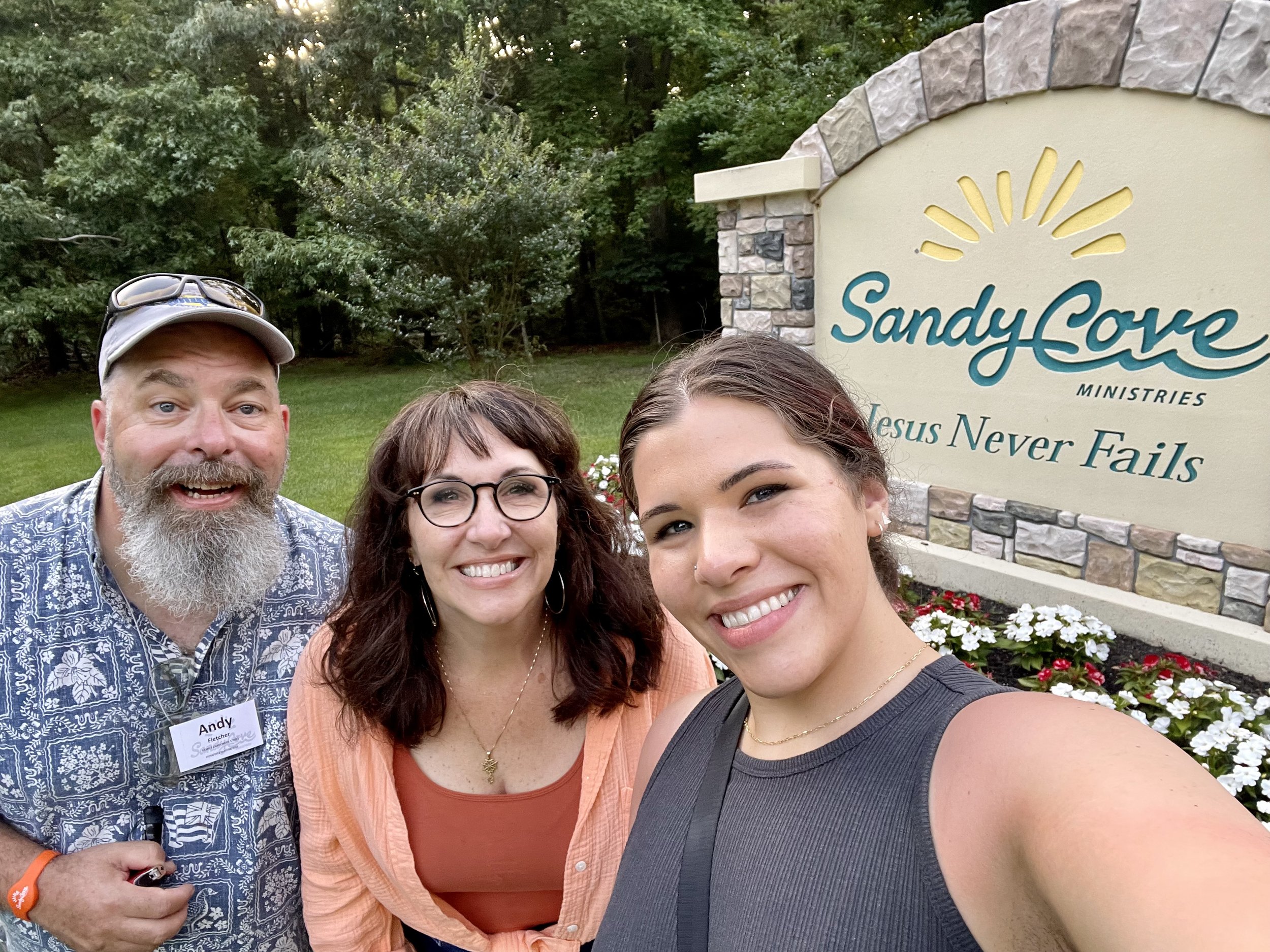My friend Hannah has three sons with autism, all under the age of six. I’ll let that sink in a little bit, because that fact about Hannah alone is as extraordinary and overwhelming as it sounds.
But Hannah doesn’t come across as overwhelmed. She’s tender, often tearing up as we moms gather every Friday morning with one main thing in common: the parenting of kids with special needs. We share our struggles and our triumphs over a living room coffee table, and for some of us, our weekly gatherings together are the only place where we feel truly understood.
I want you to know Hannah as I know Hannah, because not only is she tender-hearted and kind and extraordinary and yes, sometimes overwhelmed, she is rock-solid. When she tells stories of the escalating tantrums her sons stage, complete with violent bouts of throwing objects at each other and kicking and biting, of the daily phone calls from school because of yet another behavioral issue gone down, of the screaming and the lack of sleep and the way in which their family has had to change everything about how they even live inside their home, she also reminds us that God is there in the chaos of their environment, that He gives her what she needs in each singular moment, that she knows, because He has always been faithful, that He is unshakably faithful. Hannah is a rock of a woman.
If Hannah were to read this, that’s what I would want her to know: that each of us feels as if we’re about to be pummeled by the next big wave, but standing outside of each other’s catastrophes, we can see the strength and courage and beauty of each other when we often cannot see it in ourselves.
I hosted our gathering on a late autumn morning before Thanksgiving, and only Hannah was able to come. We poured steaming mugs of tea and sat together at my dining room table. Hannah’s youthful smile was hiding behind weary eyes, but it emerged as it always does, especially when she talks about Jesus. Hannah doesn’t know the details of our story — of the legalism and religious gate-keeping we slowly shook out of nearly a decade ago — and so when I made an off-handed remark about doing something for God, she replied without any sense of self-righteousness, “Uh-uh. The cross took care of that.”
“Just when I think I’ve grasped the whole impact of the gospel, I am shown, again, how much I really want to prove to God that I am worthy of all that Jesus did for me. As if I could.”
Boom. If there were a word for the gospel slapping me fresh across the face, I’d use that. It would be better than “boom”. Hannah’s words caught me with my law-loving pants down and I felt thrown a little off-kilter, too. In that disorienting moment, I saw once again that in my heart of hearts, I am a legalist who continues to look for ways to add to what Jesus has already done for me. Just when I think I’ve grasped the whole impact of the gospel, I am shown, again, how much I really want to prove to God that I am worthy of all that Jesus did for me. As if I could.
For more than 40 years, I’ve misunderstood grace. Seven years ago we left a church culture that informed us of all we must do, how we must strive, work, gain, grasp, and earn God’s love for us. When God gently began to peel off the layers of religion, as He reminded us of Who He is and what He’s done (done: finished, already accomplished, put to bed), our lives began to change in remarkable ways. First of all, we finally understood what Paul was talking about in Romans 8. Truths like “There is therefore now no condemnation for those who are in Christ Jesus”, and “God has done what the law could not”, changed everything. The cross changed everything.
We began to grasp what it actually means to “live in the flesh”, too. For all of my religious years within evangelicalism, I was led to believe that those people who ran to sex, drugs, and rock-n-roll were the only ones living in the flesh. No one ever pointed to our own religious, law-loving hearts as also rejecting the freedom of living in the Spirit. But when God pulled us out of our legalistic environment, my religious heart finally understood that by trying to add to what God has already done, I was living far more “in the flesh” than all those heathens I thought were doing so because they wore their worldly sin on their sleeves.
“That’s what it looks like to live in the freedom of the gospel.”
We’ve been pursuing a relationship with the loving God now for the past seven years, and it looks very little like the old religious lives we led for nearly a decade before. Our choices are made in freedom, our daily lives influenced by the solid knowledge that God loves us, and there’s nothing we can do to make Him un-love us. But even so, I am, in my very human heart of hearts, still wanting to try harder and do more. And God shows His love has no bounds, no constraints, no end, when he brings into my life the mother of three little boys with autism and she looks me square in the eye and declares, “The cross took care of that.”
That’s what it looks like to live in the freedom of the gospel. It eternally redeems the worldly and it beckons and restores the religious, freeing both from sin and sure death. The gospel seeps into the dark corners of autism and uncertainty of every pedigree, and it declares, with a resounding boom, “The cross took care of that!”












